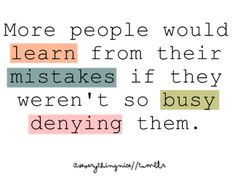Fairness is about everyone getting what they deserve and need. However, it has been observed that many times folks focus on what they want and not so much on what others may need or deserve. In a world where it seems that life is not fair at times and many do not get what they deserve the question we ask ourselves is how can I practice fairness and keep integrity to the values I believe are suitable for all.
If we are in a position of power over others whether it is as a teacher, parent or employer, we will do well to start with not asking others to do something that we would not be willing to do ourselves. As children watch us and how we deal with each other and them they are learning how we practice fairness in our everyday life. Do we share the chores at home with other family members? Are the tasks we assign others just the things we do not like to do? How do we respond when we make a mistake?
When a mistake is made, many times there is a cover-up by claiming not to know who made the mess, or by blaming it on another person. When a child sees this done by an older sibling or an adult who is deemed a leader in the community, they are not learning accountability and responsibility for the action. They are seeing injustice taking place, and in some way, this may permit them to do the same. So what is fair when mistakes are made?
Fairness calls for us to admit that we made a mistake, apologize for the error – the Balanced Life Skills way by saying, “I am sorry for _____.” and following it up with restitution or making it right. Taking these steps will help our children to see fairness displayed practically. In fact, we can name sharing responsibilities, being accountable for mistakes as fairness when talking to our children and acknowledge them for their appropriate actions with others.
While this all seems like giving others what they need, fairness must always be balanced with assertiveness and justice for ourselves. Fairness is for everyone to find the balance in what we need and deserve.


